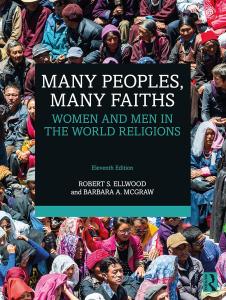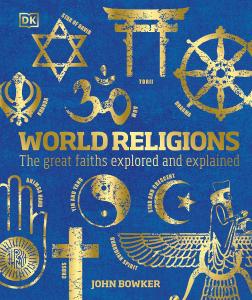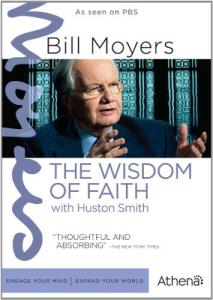Review
Exploring Faith and Identity: A Critical Analysis of Gary L. Comstock's Religious Autobiographies
Gary L. Comstock's Religious Autobiographies is a captivating and thought-provoking collection that delves into the personal journeys of individuals from diverse religious backgrounds. This anthology serves as a window into the often-unexplored realm of religious experiences, shedding light on the complexities of faith, spirituality, and belief systems.
Through a series of compelling narratives, this book offers a rare glimpse into the inner lives of individuals who have adopted different religions, sharing their struggles, doubts, and transformative experiences. Whether you are seeking to deepen your own spiritual understanding or simply yearn to explore the diverse tapestry of religions that shape our world, "Gary L. Comstock's Religious Autobiographies" is a must-read. Join us on this extraordinary journey as we unlock the power of personal stories to foster empathy, understanding, and a more inclusive perspective on faith and spirituality.
Religion has always been a deeply personal and transformative force in people's lives. It shapes their beliefs, values, and actions and often provides comfort, guidance, and meaning. In recent years, there has been a growing interest in the genre of religious autobiographies, where individuals share their personal journeys of faith and spirituality. Gary L. Comstock, a philosophy and religious studies professor, has written extensively on this topic, and his work has shed light on the power and significance of religious autobiographies.
Overview of Religious Autobiographies:
Before delving into Comstock's work, it is essential to understand what religious autobiographies are and why they are significant. Religious autobiographies are personal narratives that recount an individual's spiritual journey, often involving their relationship with a higher power or their experience with a particular religion. These accounts provide insights into the individual's beliefs and practices and offer a glimpse into the diverse and complex nature of religion. They can serve as a source of inspiration and guidance for readers who struggle with their faith or seek to deepen their understanding of various religious traditions.
Comstock's Contributions:
Gary L Comstock has made significant contributions to the study of religious autobiographies through his books and articles. In his book, Religious Autobiographies Comstock examines the different types of religious autobiographies, their structure and content, and their role in shaping our understanding of religion. He also discusses the challenges and ethical considerations in writing and interpreting religious autobiographies. Comstock's work underscores the significance of context and perspective in comprehending these narratives, as they are deeply personal and subjective.
Conclusion
In conclusion, Gary L Comstock's work on religious autobiographies has been instrumental in shaping our understanding of this genre. His emphasis on marginalized voices and the intersectionality of religion and identity has opened up new avenues for research and discussion. Comstock's work not only highlights the power and significance of religious autobiographies but also serves as a reminder that everyone's spiritual journey is unique and deserves to be heard.
Comstock's work offers a refreshing perspective that celebrates diversity and inclusivity in a world where religious beliefs are often portrayed as rigid and homogeneous. As readers, we can learn much from these narratives. Comstock's work provides the necessary framework for analyzing and interpreting them critically. I highly recommend this book to anyone interested in exploring the power of religious autobiographies.






